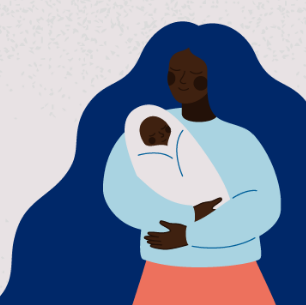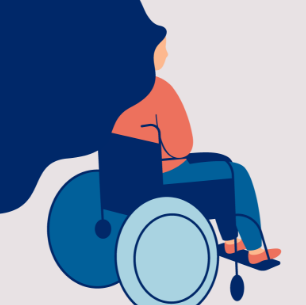








Challenges: persistent and new
Women’s inequality at work is driven by discrimination and defined gender stereotypes, including women bearing the lion’s share of unpaid care work.
Without action, women’s inequality in the workplace will become ever greater. Technological advances, demographic change, globalisation and climate change are transforming the ways we work and live. However, their impacts – both good and bad – are not distributed equally, meaning they can amplify inequalities women face.
Change starts with prioritising women’s human rights in the world of work. But first we need to understand what lies in the way of progress.

or is a parent/carer

informal economy

equally valued

harassment or
violence

multiples layers of
discrimination

worker

reproductive
autonomy

or is a parent/carer

informal economy

equally valued

harassment or
violence

multiples layers of
discrimination

worker

reproductive
autonomy
Necessary change
Ensuring that future trends like automation, globalisation, climate change and demographic change do not deepen existing discrimination against women requires targeted action. What might this look like? Fortunately, examples of progress already exist.
violence and harassment
in the workplace
domestic work is properly
valued
work’ and ‘men’s work’ are
disrupted
are granted to informal
workers
and participate in
collective action
violence and harassment
in the workplace
domestic work is properly
valued
work’ and ‘men’s work’ are
disrupted
are granted to informal
workers
and participate in
collective action
Necessary change
Ensuring that future trends like automation, globalisation, climate change and demographic change do not deepen existing discrimination against women requires targeted action. What might this look like? Fortunately, examples of progress already exist.
violence and harassment
in the workplace
domestic work is properly
valued
work’ and ‘men’s work’ are
disrupted
are granted to informal
workers
and participate in
collective action
violence and harassment
in the workplace
domestic work is properly
valued
work’ and ‘men’s work’ are
disrupted
are granted to informal
workers
and participate in
collective action
The ripple effect
effects beyond them as individuals.

Access to work and a decent income lifts them and their families out of poverty, increases their decision-making power in the household and ensures their economic independence.
However, without urgent attention, there is a significant danger that existing inequalities and discrimination faced by women will not only be continued but will be exacerbated in the changing world of work.
Creating a world of work where women benefit and contribute on an equal basis with men requires reimagining the structure of work and the economy, with women’s human rights placed at the centre. A world of work that realises women’s human rights will not only benefit women – it will lift all.
What’s your role in this?
Here’s how you can make a difference
SHARE

WRITE

LEARN

